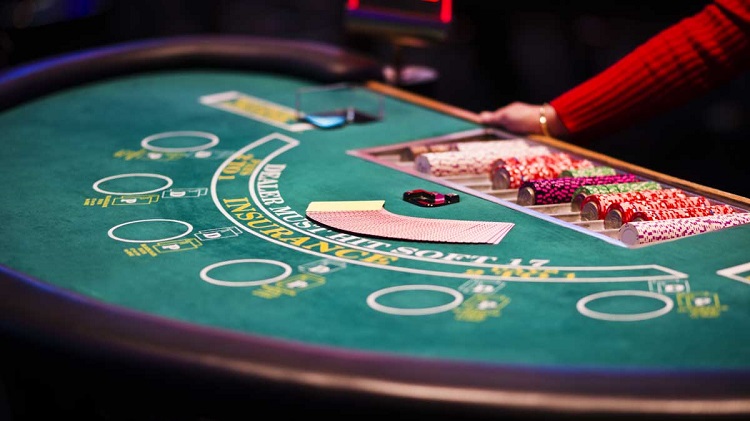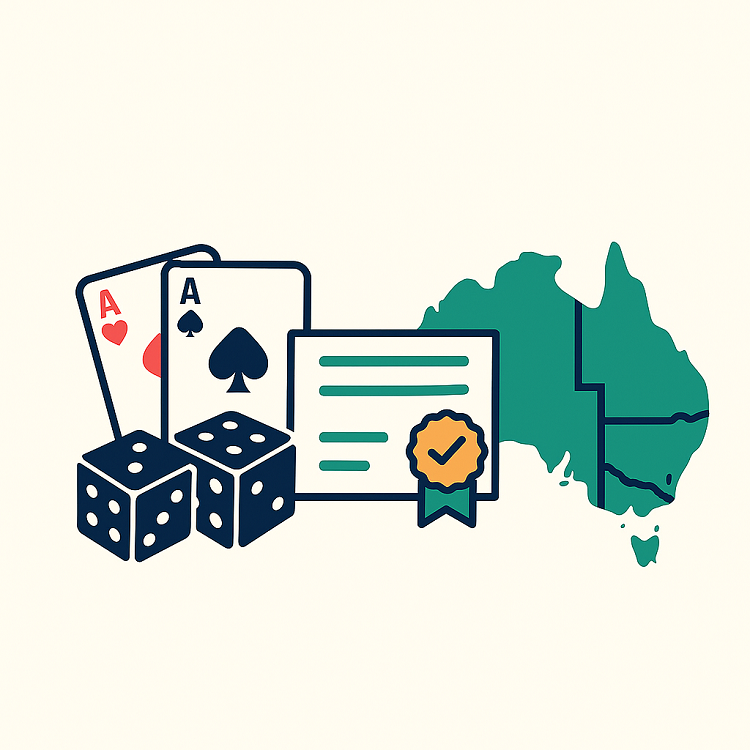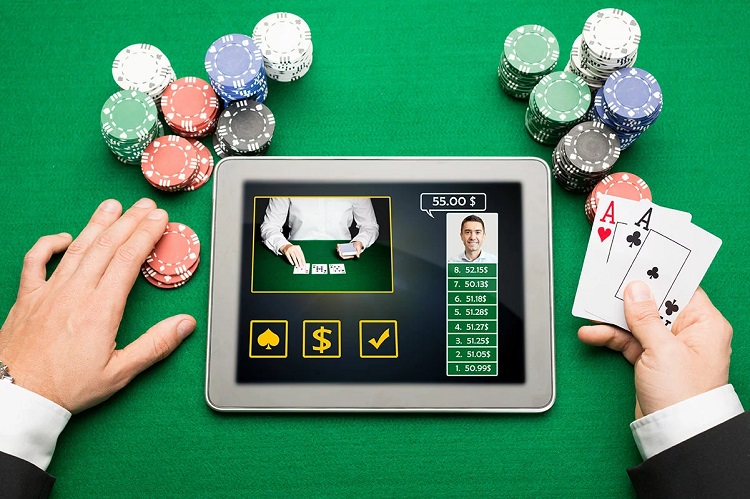There’s a point in blackjack where you’re staring at your cards, the dealer’s showing a weak one, and you’re thinking, “Should I double down here?” That moment comes with a mix of hope and hesitation. If you’re new to the game or you’ve seen someone throw down chips with confidence and say “double down,” you’re probably curious what that actually means. And more importantly, when it’s a good idea.
What Does “Double Down” Actually Mean?
In blackjack, “double down” is a betting option that lets you double your original bet after the first two cards are dealt. But there’s a catch. Once you double down, you’ll only get one more card. That’s it. No more hitting after that.
Here’s how it works in a typical scenario:
-
You’re dealt a 9 and a 2. Total of 11.
-
The dealer is showing a 6. Looks weak.
-
You think, “This is a great shot to hit 21 or something close.”
-
You say “double down.”
-
You match your original bet.
-
You get one card say, a 10. Now you’ve got 21.
-
You can’t hit again. You just wait and hope the dealer busts or ends up with less.
Sounds straightforward, right? But there’s a lot more behind that one choice.
Why People Double Down
You don’t just double down for the thrill. Well, some people do, but that’s not ideal. You double down when the math and odds lean in your favour. It’s all about trying to get more money on the table when the odds are best for you.
If you’ve got a strong hand and the dealer’s in a weak spot (like showing a 4, 5, or 6), this is your shot to press the advantage.
It’s kind of like raising in poker when you know you’ve probably got the best hand. You’re putting more money in because you expect to win more.
The Ideal Hands to Double Down
You don’t want to throw chips around on a hunch. There are a few specific situations where doubling down makes sense:
1. You have 11:
This is the classic one. You’ve got two cards totaling 11. That means any 10-point card gets you to 21. Since the deck has more 10-value cards than anything else (10, Jack, Queen, King), the odds are in your favour.
2. You have 10 and the dealer shows 9 or less:
You’ve got a decent shot to land a high hand, and the dealer isn’t too threatening. Not bad odds.
3. You’ve got a soft 16 to 18 (Ace plus a 5, 6, or 7), and the dealer shows 4 to 6:
These are “soft” hands because the Ace can count as 1 or 11. If the next card’s bad, no problem you’ve got a fallback.
That’s about it. Beyond those, it starts to get risky.
When You Shouldn’t Double Down
Don’t just double down every time you feel lucky. Some hands look tempting but can turn sour fast.
Don’t double when:
-
The dealer shows a 10 or Ace.
-
You’ve got a hand higher than 11 that isn’t soft.
-
You’re unsure of the rules (some tables don’t let you double after splitting, for example).
Also, doubling down requires confidence. Not just in the cards, but in your understanding of the table rules. Some casinos allow it on any two cards, some only on 9, 10, or 11. Always worth checking before you sit down.
How to Physically Double Down at the Table
If you’re at a real casino, here’s what it looks like in action:
You don’t actually say, “I’d like to double down, please.” Most players just place an extra stack of chips right next to their original bet and tap the table. The dealer will know what’s up. Just make sure it’s equal to your first bet not more, not less.
In online games, there’s usually a button that says “Double” or “Double Down” after you get your first two cards. Simple enough.
Does Doubling Down Really Pay Off?
If you follow the odds and stick to good strategy? Yes. It’s one of the few chances in blackjack where the house edge drops and your edge goes up if the timing’s right.
But it’s not a magic move. It’s not going to rescue a bad hand or make up for five straight losses. It’s a calculated risk. Just like anything else in blackjack.
And remember, once you double down, you’re locked in. No going back. So don’t let emotion drive it.
Some Quick Dos and Don’ts
Do:
Know the rules of the table before playing.
Double when you’ve got 11 and the dealer looks weak.
Use basic strategy charts if you’re new or unsure.
Don’t:
Double against a dealer’s 10 or Ace.
Double with anything higher than 11 (unless it’s a soft hand).
Let your gut override the math too often.


